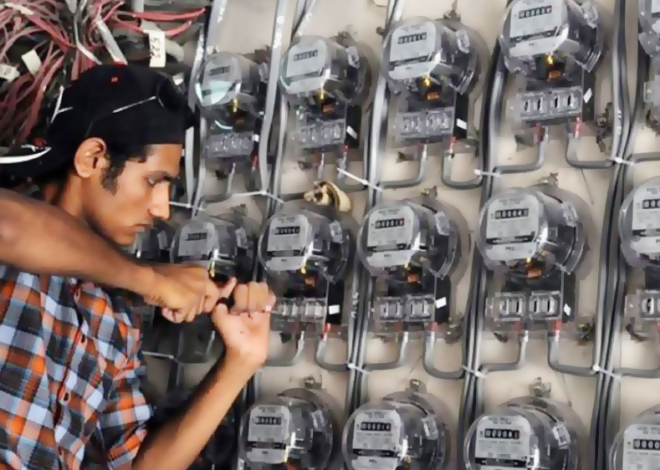
Supreme Court of Pakistan Calls for Urgent Adoption of Modern Technology to Address Justice Delays
The Supreme Court of Pakistan has underscored a critical need for judicial reforms by embracing modern technology, including artificial intelligence (AI), to tackle the persistent issue of delays in the country’s justice delivery system. This call to action was highlighted in a recent written judgment delivered by Justice Mansoor Ali Shah and Justice Ayesha Malik. The judgment outlined not only the scope and consequences of the problem but also provided a roadmap for systemic change.
Judicial Delays: A Threat to Justice and Public Trust
The Supreme Court judgment made it clear that delays in the justice system do not merely represent a procedural issue—they often equate to the outright denial of justice. According to the court, continuous postponement of cases erodes public trust in the judiciary, undermines the rule of law, and poses a significant threat to the overall fabric of society. This diminishing trust, the court stressed, can weaken Pakistan’s legal system and its credibility in the eyes of both citizens and investors.
Impact on Vulnerable Communities and National Investment
A notable point raised by the judgment is the disproportionate effect prolonged litigation has on Pakistan’s vulnerable and disadvantaged communities. Many individuals and families cannot afford the financial or emotional toll of lengthy court proceedings. The judgment stated that justice delayed places an undue burden on these communities, making access to justice a privilege rather than a right. Furthermore, the court highlighted the economic implications: delays and inefficiencies discourage both domestic and foreign investment, as investors seek environments where legal disputes are resolved promptly and fairly.
Alarming Backlog: Over 2.2 Million Pending Cases
The Supreme Court revealed startling statistics concerning the backlog facing Pakistan’s judiciary. More than 2.2 million cases are currently pending across various courts in the country. Of these, nearly 55,941 cases remain unresolved at the Supreme Court level alone. This staggering caseload has placed immense pressure on the system, resulting in further delays and compounding the problems faced by litigants.
Embracing Technology and Artificial Intelligence
In its judgment, the Supreme Court called for an immediate adoption of modern, accountable, and smart case management systems. The court emphasized that digital tools and artificial intelligence can streamline case processing, reduce manual inefficiencies, and enable more transparent monitoring of judicial performance. AI-driven case management has the potential to prioritize urgent matters, automate routine administrative tasks, and assist judges in legal research, thereby expediting the delivery of justice.
New Practice and Procedure Rules for 2025
Reflecting its commitment to reform, the Supreme Court’s Practice and Procedure Committee recently approved a new procedural framework for 2025. The committee, chaired by Chief Justice of Pakistan Yahya Afridi and comprising Justice Mansoor Ali Shah and Justice Aminuddin Khan, has enacted these changes under the Supreme Court Practice and Procedure Act, 2023. According to the official notification, the Chief Justice is empowered to convene committee meetings both physically and virtually, marking a step towards greater operational flexibility and modernization.
A Path Forward for the Judiciary
Pakistan’s judiciary stands at a crossroads, with a mounting caseload and growing demands for timely justice. The Supreme Court’s recent directives signal a readiness to evolve and adapt in the face of these challenges. By integrating digital solutions and artificial intelligence, the judiciary has the opportunity to rebuild public trust, enhance institutional credibility, and foster a legal environment conducive to social and economic growth.








